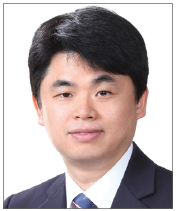 By Myung-Cheol Chang, Lee International
By Myung-Cheol Chang, Lee International
The Patent Act of the Republic of Korea has recently been amended, primarily to introduce punitive damages and to relieve patentees of some responsibility to prove acts of infringement. This amendment was passed in the Assembly plenary session on December 7, 2018 and is currently in force, having taken effect on July 9, 2019.
To date, the meagre amount of damage awards in Korean patent litigation has encouraged widespread infringement. The implementation of punitive damages is intended to promote an environment where the cycle of intellectual property infringement is broken and the value of intellectual property rights are properly and reasonably assessed in the market.
The amended Patent Act also relieves patentees of their burden of proving infringement in some cases by imposing an obligation on defendants to deny the patentee’s allegations by explaining in detail how the defendant’s invention operates, when the patentee makes a detailed claim of infringement in litigation. Additionally, the amended Patent Act establishes a new method for determining compensatory damages for infringement.
The imposition of punitive damages for patent infringement, the patentees’ relief from responsibility to prove patent infringement, and the new method for determining damages apply only to acts of infringement and litigation filed after the enforcement date of the amended Act.
Introduction of punitive damages that can result in treble damages awards
The amended Patent Act introduced punitive damages which provide for the award of up to three times the amount of compensatory damages that are proven. Such treble damages are permitted when the patent infringement activity is found to be intentional. The amended Act stipulates that eight factors must be considered when determining the amount of compensation, including the social or financial position of the infringer in relation to the patentee, whether the infringer recognised their infringement, the size of economic benefit/damage and so on.
The above provisions were introduced to better protect patentees. Given this amendment, anyone who develops technology will need to pay more attention to compliance issues, incorporating more stringent measures to prevent infringement, such as implementing an internal pre-inspection process, obtaining a legal review and opinion on the possibility of patent infringement from external professionals, and documenting the history and methodology by which the technology was developed, to help establish that it was developed independently.
Reduced burden of proving infringement
To relieve rights holders of some responsibility for proving infringement in patent infringement lawsuits, the Patent Act introduced a system for the court to “order submission of materials” in 2016. But in practice, proper production of evidence ordered to be submitted has rarely occurred.
Faced with this, the amended Patent Act now relieves patentees of the burden of proving the alleged infringement by requiring the party who denies the patent infringement to provide a detailed explanation as to how the challenged technology operates, essentially proving that it does not infringe as alleged, after the patentee presents its detailed assertion of infringement. If the party that denies the patent infringement claim argues that it has a lawful reason not to present the details as to how the challenged technology operates, then the court may order “submission of materials” to the court to determine the appropriateness of such argument. On the other hand, if the party that denies the patent infringement fails to provide the detailed explanation of the technology without any justifiable reason, then the court may accept the patentee’s claim of infringement as correct.
The above provision is expected to relieve a patentee’s burden of proving patent infringement in some cases by preventing the party who denies the infringement from being able to refute the patentee’s allegation simply by denying it. But given the provision that the party denying the infringement still may avoid submitting a detailed explanation of its technology by asserting a justifiable reason for doing so, it remains to be seen how this will operate in practice and the extent to which patentees actually will be relieved of their burden of proof in these cases.
Change in the criteria for the royalty amount determination
The amended Patent Act also changed the amount of royalties that can be claimed against the infringer from an amount that is “usually” received to an amount that can be “reasonably” received. This opens the possibility that rights holders may receive far higher awards than in the past.
For royalty rates, courts may now determine such rates that they deem to be reasonable, even if there is no prior history of actual royalties that have been paid involving the same or similar technologies to use as a reference. This change is expected to raise the royalty recognition rate from a mere 2-5 percent at present, to a range as high as 12-13 percent.
Enforcement of the amended Act is expected to significantly enlarge the value of intellectual property in Korea, and application of punitive damages is also likely to deter infringement in the future. Collectively, it is hoped that these measures will further demonstrate Korea’s commitment to protecting intellectual property rights.

E: mcchang@leeinternational.com
T: (82) 2 2262 6105
F: (82) 2 2279 5020



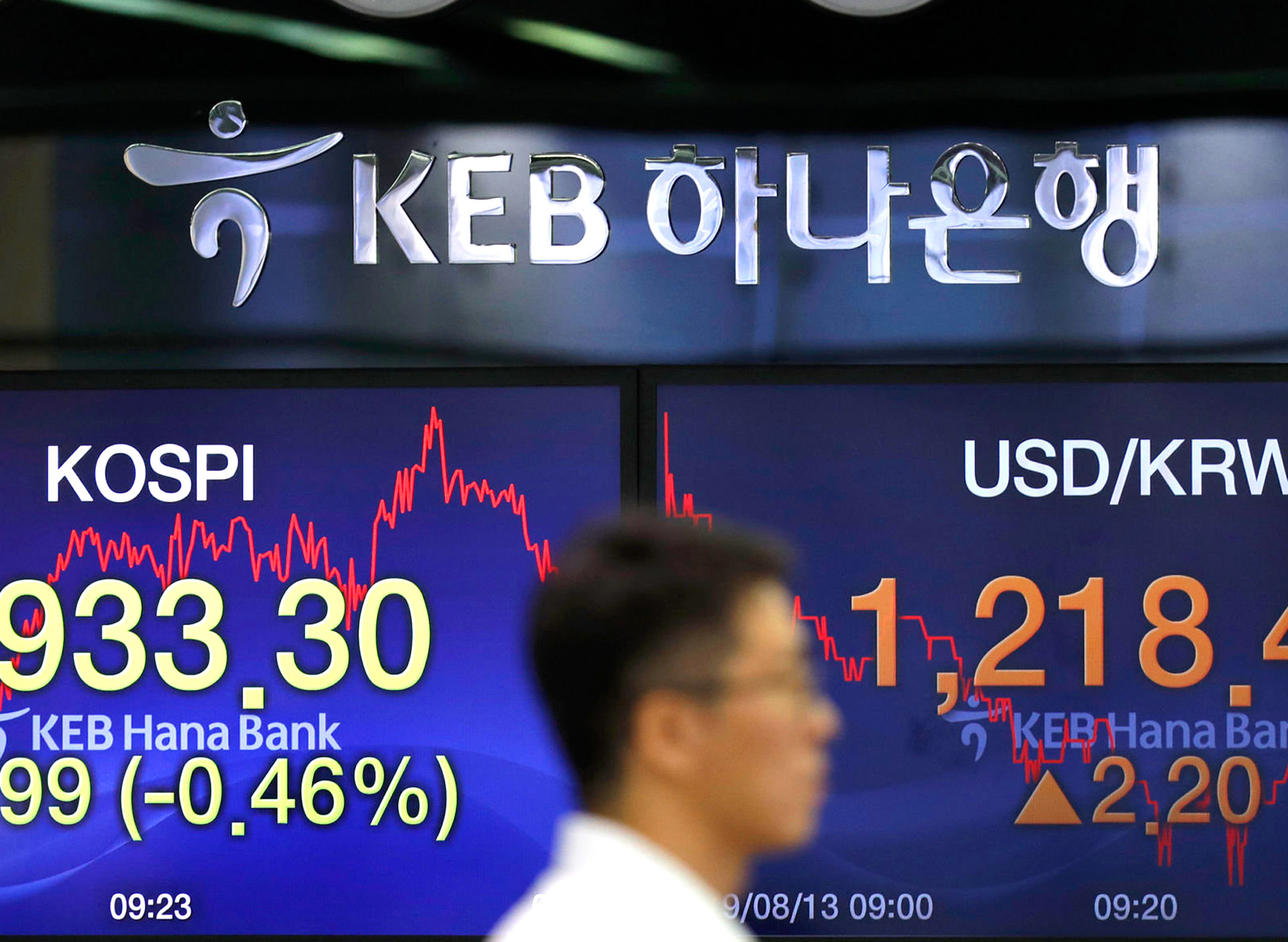

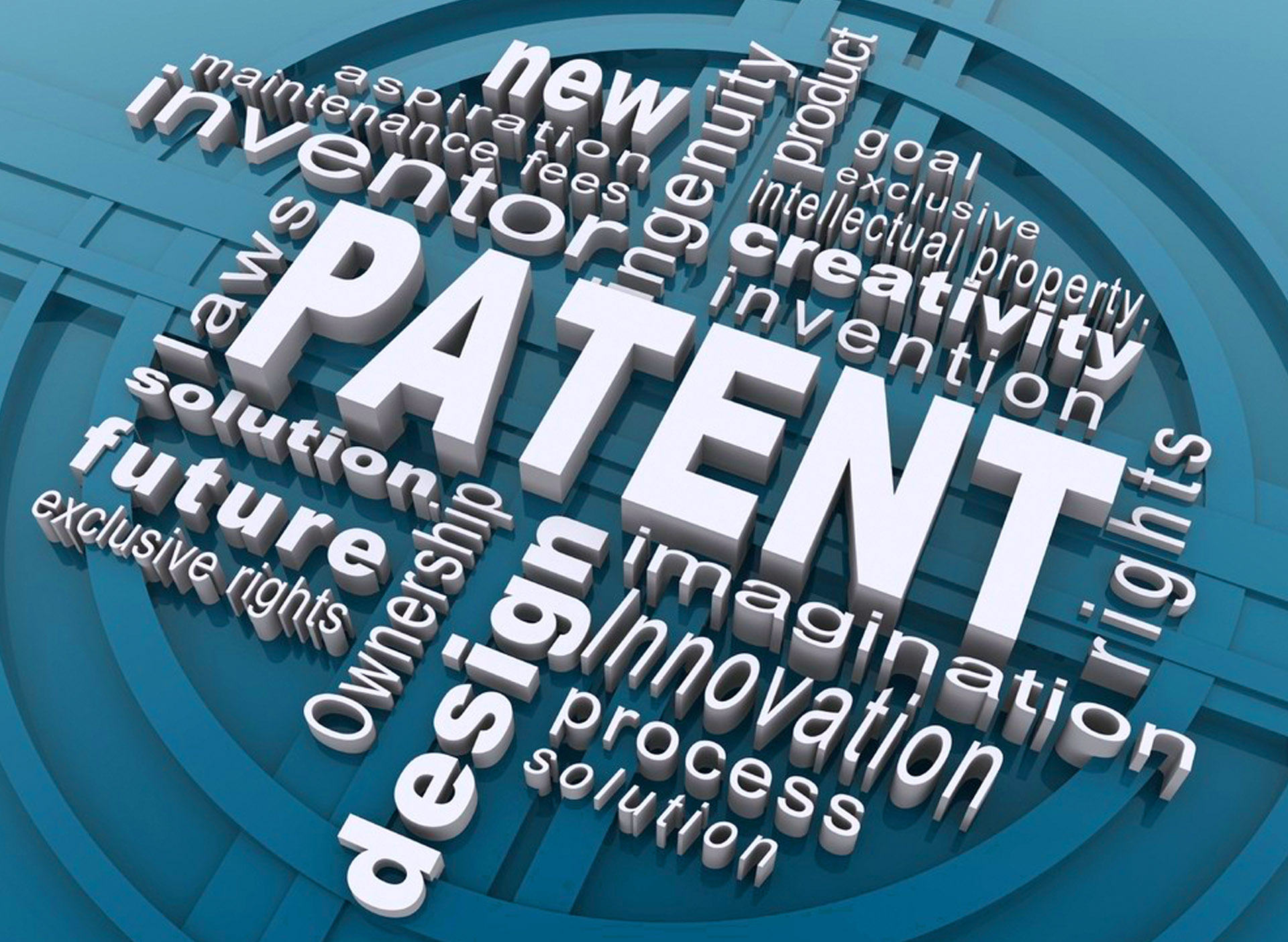
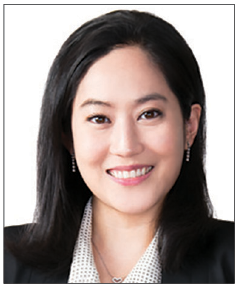
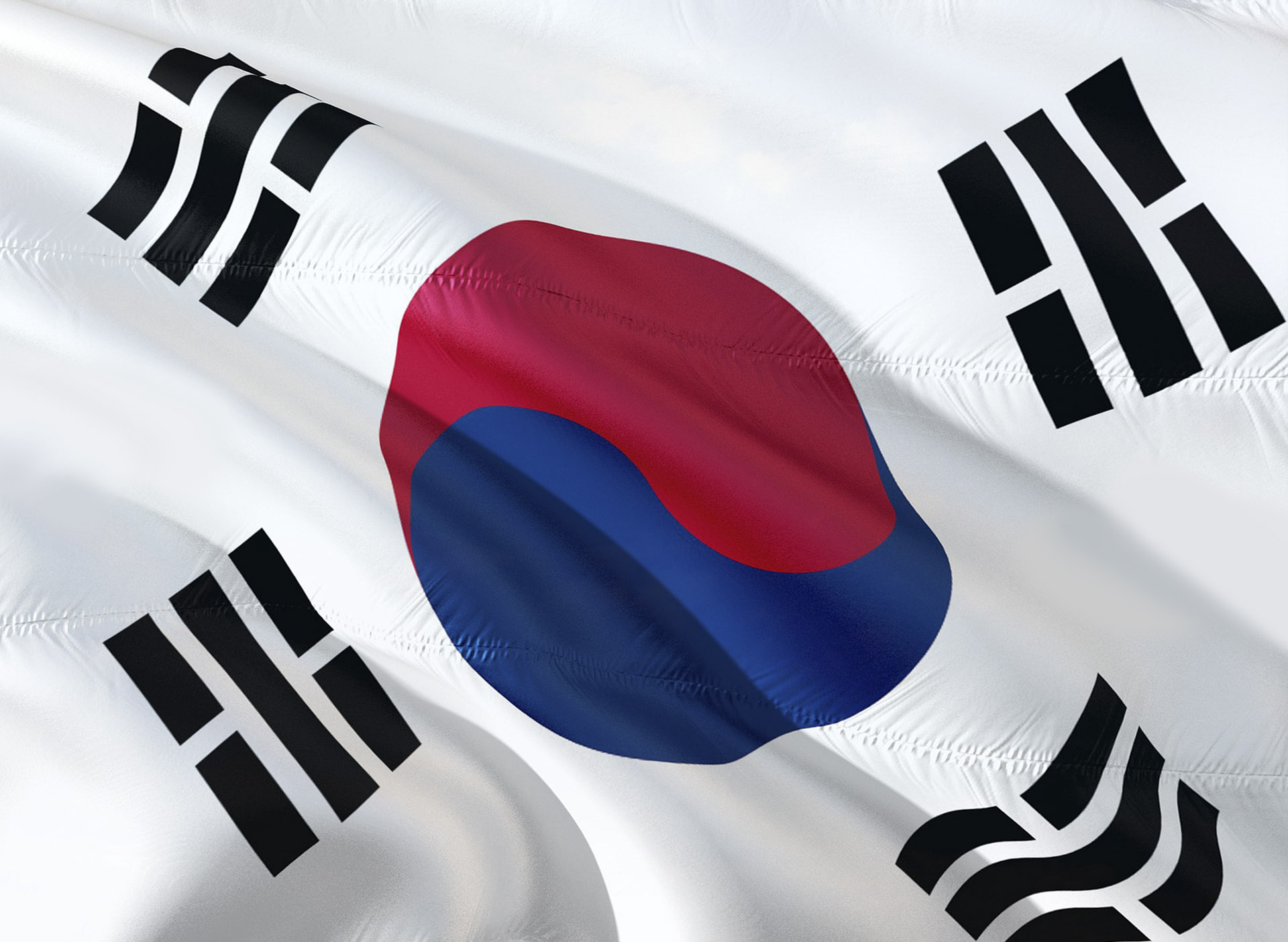


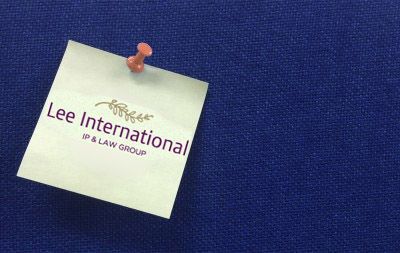
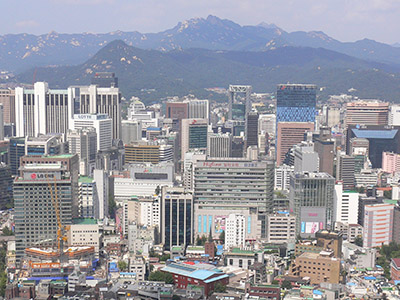
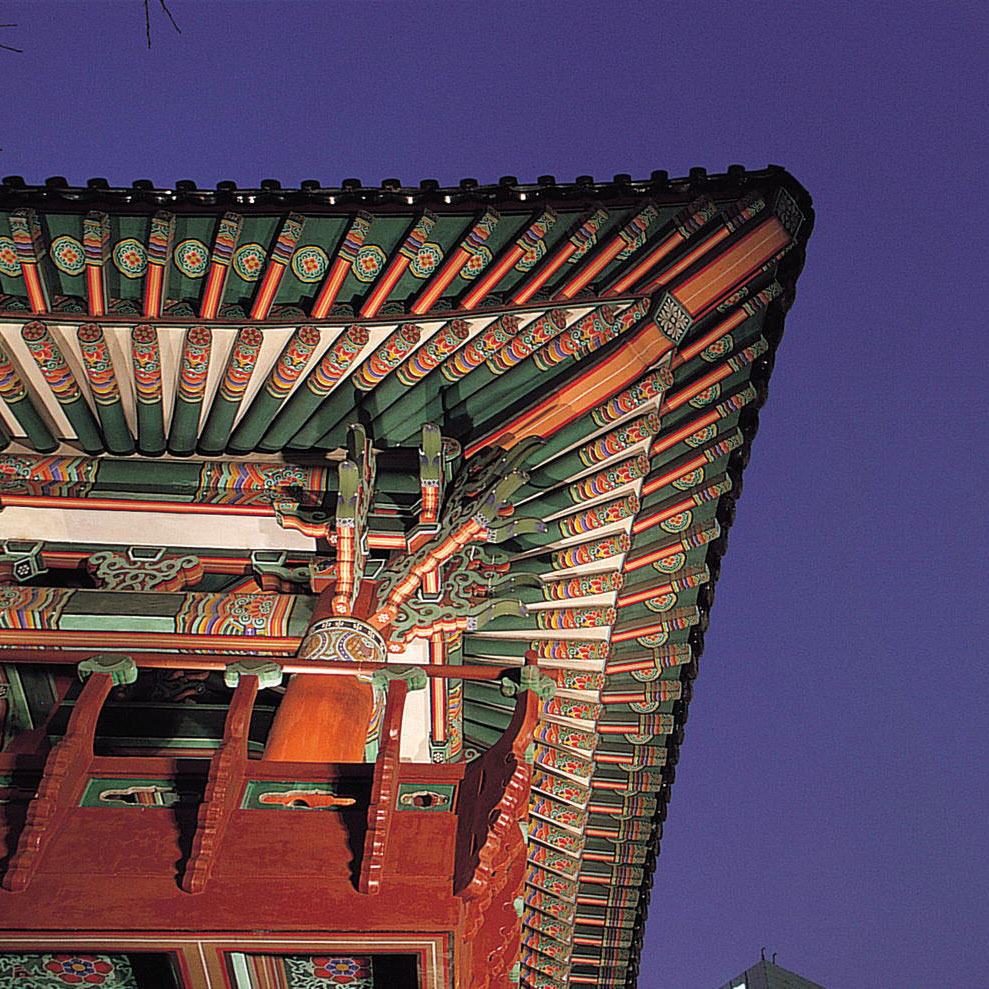









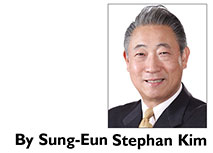

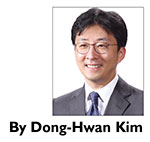
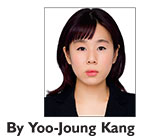
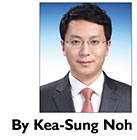


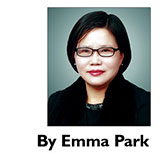

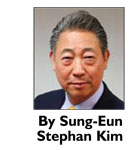
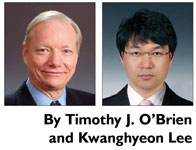

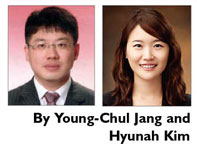
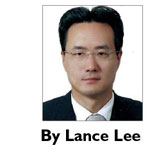




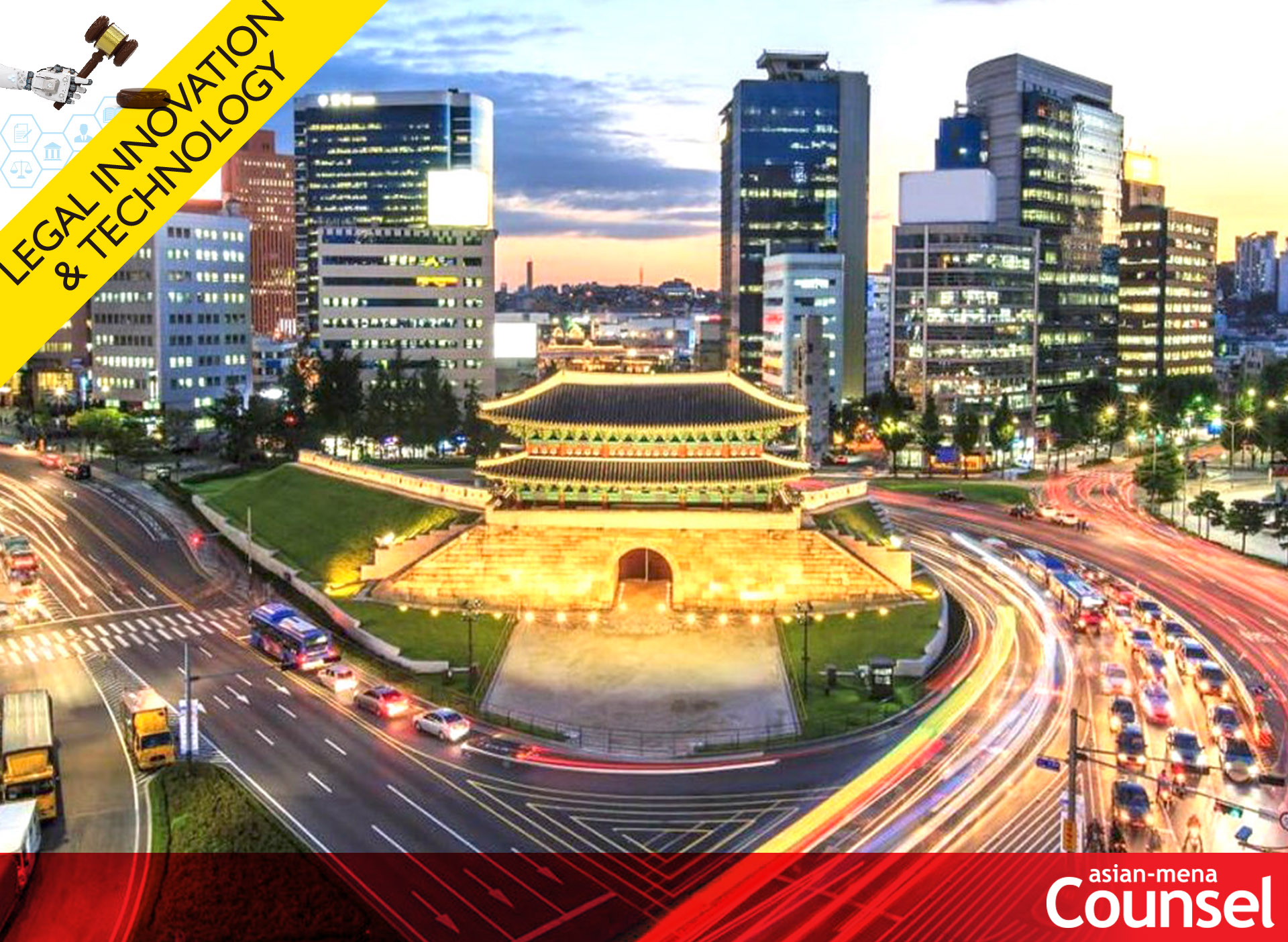

 Nicholas H. Park
Nicholas H. Park







